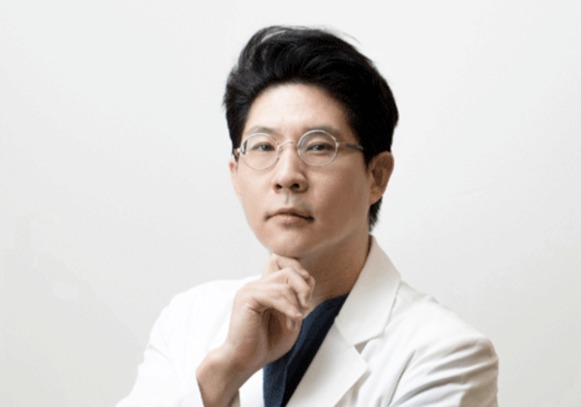A research team led by Professor Choi Byung-yoon of the Department of Otolaryngology at Seoul National University Bundang Hospital (SNUBH)—along with Kim Yeh-ree of Harvard University, Dr. Chung Yoo-jin of Regeneron, and Senior Researcher Kim Ju-ang of SNUBH—has published findings on the gene therapy potential for hearing loss caused by OTOF gene mutations, which are common among Koreans.

The OTOF gene plays a crucial role in enabling inner hair cells of the ear to transmit sound signals to the auditory nerve. Mutations in this gene disrupt this signaling process and result in hearing loss. These mutations are mostly hereditary, and in Korea and Japan, a particular type of mutation known as p.R1939Q—a non-truncating mutation—is found with relatively high frequency.
While recent studies in the U.S. and China have focused on gene therapy for OTOF-related hearing loss, these efforts have primarily targeted truncating mutations, in which the gene is entirely lost.
However, research into non-truncating mutations—where the gene remains present but partially dysfunctional—has been limited.
To address this gap, Professor Choi’s team explored the therapeutic potential of a cutting-edge gene therapy method using AAV (adeno-associated virus) vector-mediated gene delivery to treat the p.R1939Q mutation. The researchers developed a mouse model carrying the same mutation and administered gene therapy to evaluate its effect on restoring hearing.
The results showed that eight treated mice showed near-normal recovery of auditory function. Among them, five produced over 90 percent of otoferlin, a protein essential for transmitting sound signals from inner hair cells to nerves, leading to substantial improvement in hearing. The other three mice also demonstrated partial recovery.

The gene therapy was administered 30 days after birth in mice—equivalent to infancy in humans—and the restored hearing function was sustained for more than five months. This is notable because genetic hearing loss is typically considered difficult to reverse if not treated soon after birth.
The findings suggest that the therapeutic window for gene therapy may be broader than previously believed, potentially expanding treatment options for more patients.
Professor Choi, a world-renowned cochlear implant surgeon with over 1,500 cases and an expert in auditory rehabilitation, commented, said, “This study is the first to confirm that gene therapy can be effective for OTOF mutations commonly found in Korea and Japan. If successful in clinical application, it could pave the way for treating hearing loss without relying on hearing aids or cochlear implants.”
The study was published in the latest issue of the international journal Genes & Diseases.
Related articles
- Korean Otological Society calls for expanded insurance coverage for cochlear implants to prevent dementia
- Seoul National University Bundang Hospital achieves 2,000 cochlear implant surgeries
- Brain health predicts cochlear implant success in elderly patients: study
- SNUBH becomes 1st state-run hospital in Korea to perform 20,000 robotic surgeries
- ToolGen sues Vertex over alleged unlicensed use of CRISPR tech in gene therapy
- AI model predicts postoperative cardiovascular risk in older adults
- Korean professor becomes 1st to win ATS award for lung cancer research
- Big Ocean can’t hear their music -- but the world is listening
- Expert urges strict adherence to ‘1-3-6 principle’ for congenital hearing loss
- Only 12% of seniors over 65 with hearing impairment use hearing aids
- Antisense oligonucleotide therapy restores hearing in genetic deafness: Yonsei study

